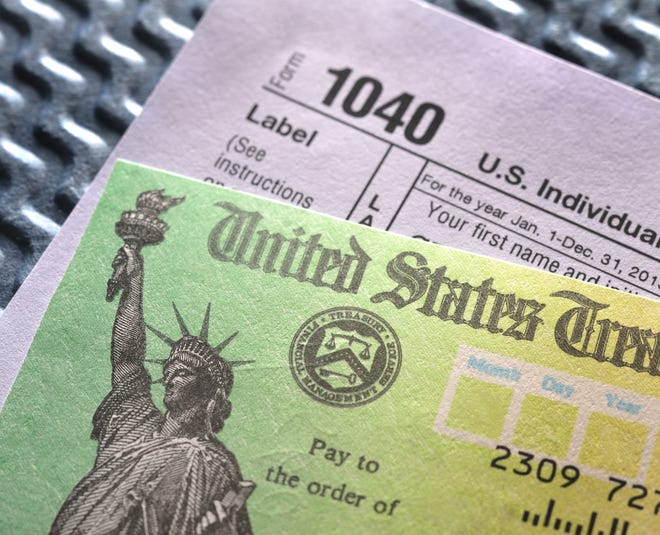The vast majority of Americans will pay taxes on at least part of their social security payments, sometimes up to 85% of benefits if their total income exceeds certain thresholds.
Since 1983, social security has been subject to tax, but over the next four decades no adjustment for inflation has been made, so almost all beneficiaries will be required to pay taxes. on their payments.
However, once you are at full retirement age (between 65 and 67 years old, depending on your year of birth) you will no longer be taxed on Social Security contributions. The size of your annual social security entitlements continues to increase until age 70, so you may want to consider delaying your claim for a few years if you intend to continue working beyond the age of 70. normal retirement age.
How are Social Security contributions taxed?
The tax rate for social security benefits varies depending on a number of factors other than age; and the household income of beneficiaries is the main determining factor of taxation. These thresholds also depend on the deposit status of social security beneficiaries.
Individuals whose total gross income, including Social Security, is over $ 25,000 up to 50% of their social security income will be taxed. Couples who file jointly will begin to be taxed when their total income exceeds $ 32,000.
Treasury Secretary Janet Yellen Says ‘Catastrophic’ Debt Default Could Halt Social Security Payments to Nearly 50 Million Seniors https://t.co/qHQqvdjy30
– CNN Politics (@CNNPolitics) September 30, 2021
Individual winners over $ 34,000, or couples with a combined gross income of at least $ 44,000, will be taxed up to 85% of their social security benefits.
Typically it is only retirees, who have very little household income outside of their Social Security entitlement, which could be exempt from payment tax.
How is the Social Security tax rate calculated?
The tax rate levied on Social Security contributions is similar to that for other forms of income. Filers must submit their adjusted gross income, which combines their salary, social security benefits and all other sources of taxable income.
If this total exceeds the minimum threshold, then at least 50% of your social security benefits will be considered taxable income and will be treated as such. The proportion of your total social security rights which is based on several factors, as mentioned above.
[ad_2]
 Resource KT
Resource KT


